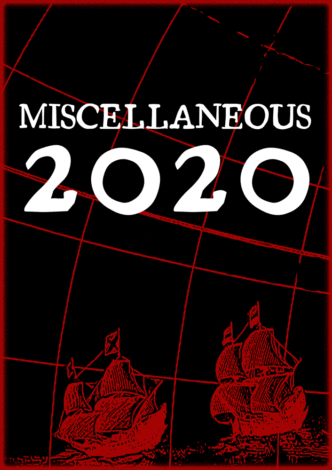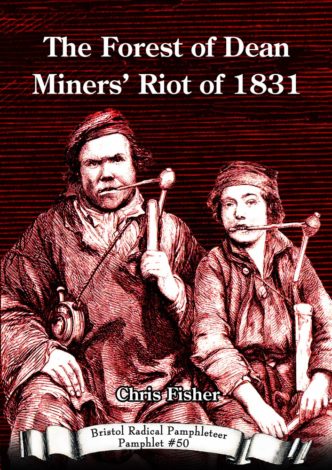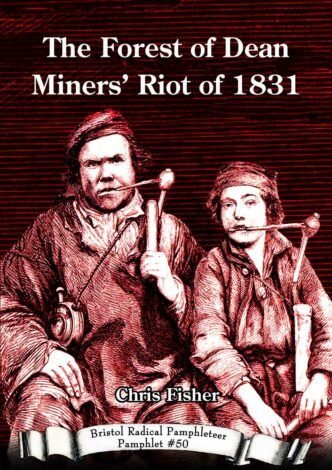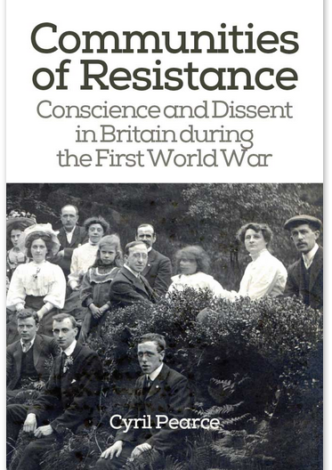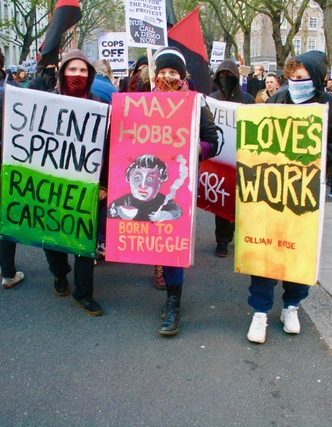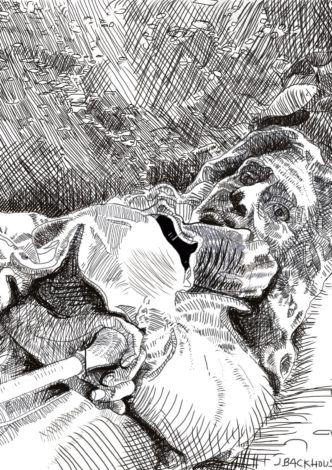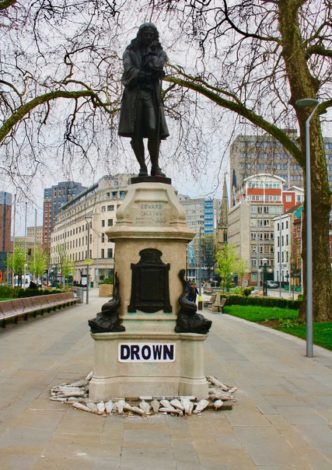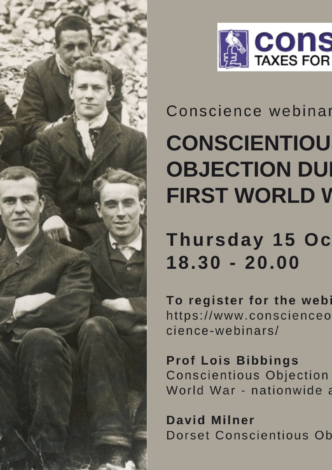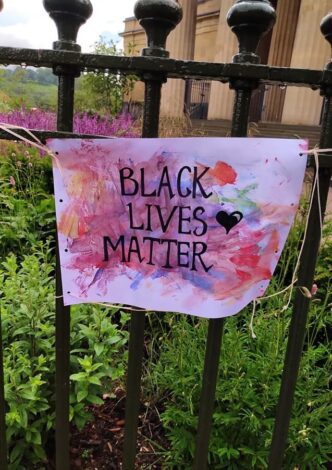Christmas Webinar 1: Angela Carter’s ‘Provincial Bohemia’
The first in our series of Christmas Webinars.... Acclaimed novelist and short-story writer Angela Carter lived in Clifton during the 1960s, where she wrote her early novels known as the 'Bristol Trilogy'. Steve Hunt will introduce some of the themes of his new Bristol Radical History Group Book: Angela Carter's 'Provincial Bohemia'; the Counterculture in 1960s and 1970s Bristol and Bath with a journey through the places and times that inspired her breakthrough works. You can join this one hour […]


